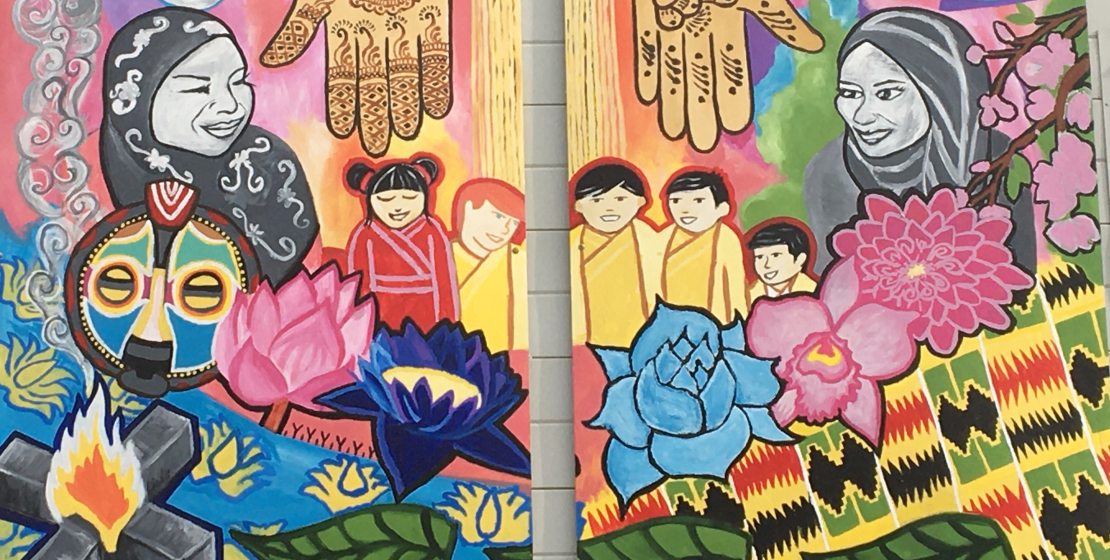Through its equity programs, the Union of Northern Workers strives to protect and expand the rights of equity group members who often face barriers in the workplace. Because of the priority of furthering these rights, an Equity Vice President is elected and sits as a full member of the UNW Executive.
An Equity Group member is a UNW member who is:
- a First Nations, Inuit or Metis person OR
- racially visible OR
- a person with any persistent or permanent physical or mental impairment OR
- 2SLGBTQIA+
The UNW's equity committee provides support to members from equity groups to discuss, identify and strategize around how to best address issues of concern to them.
Equity members many be interested in attending various conferences held during the year by the PSAC.
Have you self-identified?
You must be listed in the UNW database as "self-identified" to be eligible to attend any equity related conferences or programs. Members who self-identify as belonging to the Equity Group are assured that such information will be held is strict confidence.
To self-identify as an Equity Group Member, please complete the bottom portion of the membership form and send by email, fax, or mail to the UNW HQ. Contact the Membership Secretary at 867 873 5668 Extension 223 or by email for help completing your form.
Stay tuned to the main page Events section of our website for any upcoming meetings or events.
Resources
About Employment Equity:
Employment equity is a program of proactive, positive measures designed to increase the representation of workers who have historically been disadvantaged in the workplace to a level that reflects their availability in the labour market, and to identify and eliminate artificial barriers in the workplace that prevent designated group members from accessing jobs, promotions, training, etc.
It’s about changing workplace culture and hiring practices so that members of these groups get jobs they are qualified to do and they can fully contribute to the workplace.
Employment equity recognizes that women, Aboriginal peoples, racialized people, and people with disabilities are often held back – not because they lack ability – but because of things that are unrelated to their ability. Things like racism, discrimination, bias, stereotypes, assumptions, and systems that were not designed inclusively.
PSAC Gender Inclusive Language Toolkit:
This toolkit is designed to help members, executives and staff interact in a way that respects and celebrates our unique and diverse gender identities.
You can also download and print a brief one-pager to post on the union bulletin board in your workplace or share as a handout at events. This companion piece gives readers an overview of the topic and encourages them to learn more with the full toolkit.
Building Trans-Inclusive Workplaces:
This guide is for anyone interested in building workplaces that are inclusive of trans and gender-variant people (which should be everyone!).
The first three sections: what managers can do, what co-workers can do, and what unions can do, might be most useful for non-trans people.
The final section, ‘When an employee comes out or transitions at work’ offers guidance that could be useful to everyone.
If you are trans or questioning your gender identity and would like additional resources for navigating the workplace, please refer to Appendix B: Resources.
